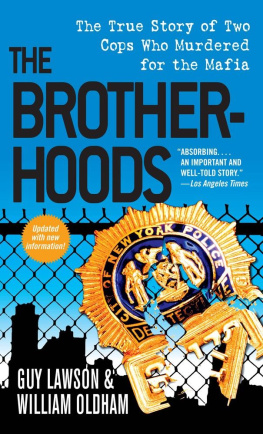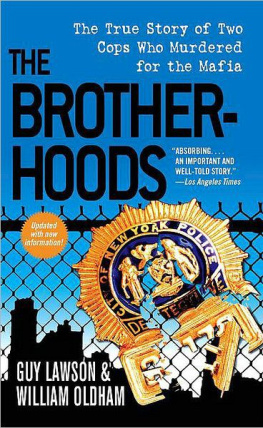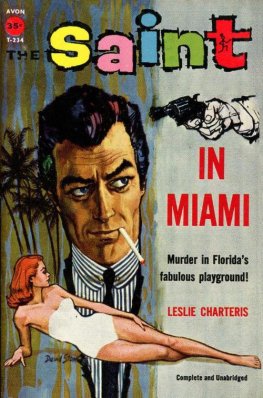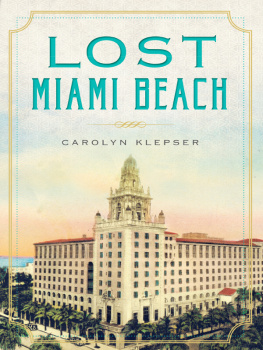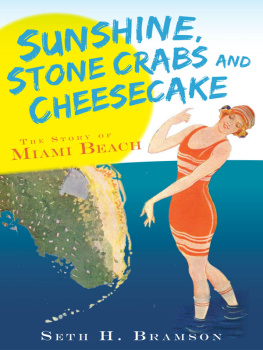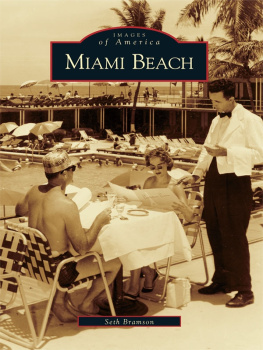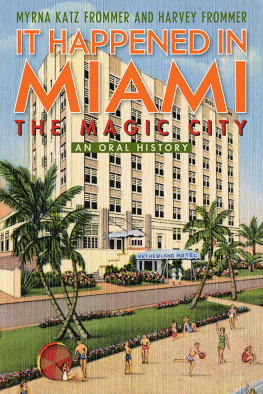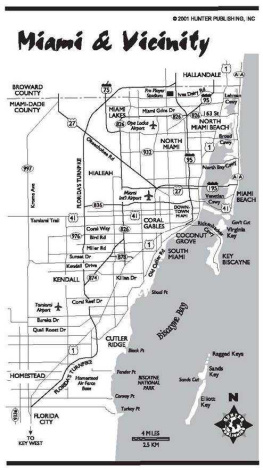Guy Lawson - War Dogs: The True Story of How Three Stoners From Miami Beach Became the Most Unlikely Gunrunners in History
Here you can read online Guy Lawson - War Dogs: The True Story of How Three Stoners From Miami Beach Became the Most Unlikely Gunrunners in History full text of the book (entire story) in english for free. Download pdf and epub, get meaning, cover and reviews about this ebook. year: 2016, publisher: Simon & Schuster, genre: Non-fiction / History. Description of the work, (preface) as well as reviews are available. Best literature library LitArk.com created for fans of good reading and offers a wide selection of genres:
Romance novel
Science fiction
Adventure
Detective
Science
History
Home and family
Prose
Art
Politics
Computer
Non-fiction
Religion
Business
Children
Humor
Choose a favorite category and find really read worthwhile books. Enjoy immersion in the world of imagination, feel the emotions of the characters or learn something new for yourself, make an fascinating discovery.
- Book:War Dogs: The True Story of How Three Stoners From Miami Beach Became the Most Unlikely Gunrunners in History
- Author:
- Publisher:Simon & Schuster
- Genre:
- Year:2016
- Rating:3 / 5
- Favourites:Add to favourites
- Your mark:
- 60
- 1
- 2
- 3
- 4
- 5
War Dogs: The True Story of How Three Stoners From Miami Beach Became the Most Unlikely Gunrunners in History: summary, description and annotation
We offer to read an annotation, description, summary or preface (depends on what the author of the book "War Dogs: The True Story of How Three Stoners From Miami Beach Became the Most Unlikely Gunrunners in History" wrote himself). If you haven't found the necessary information about the book — write in the comments, we will try to find it.
Guy Lawson: author's other books
Who wrote War Dogs: The True Story of How Three Stoners From Miami Beach Became the Most Unlikely Gunrunners in History? Find out the surname, the name of the author of the book and a list of all author's works by series.
War Dogs: The True Story of How Three Stoners From Miami Beach Became the Most Unlikely Gunrunners in History — read online for free the complete book (whole text) full work
Below is the text of the book, divided by pages. System saving the place of the last page read, allows you to conveniently read the book "War Dogs: The True Story of How Three Stoners From Miami Beach Became the Most Unlikely Gunrunners in History" online for free, without having to search again every time where you left off. Put a bookmark, and you can go to the page where you finished reading at any time.
Font size:
Interval:
Bookmark:
More from the Author |
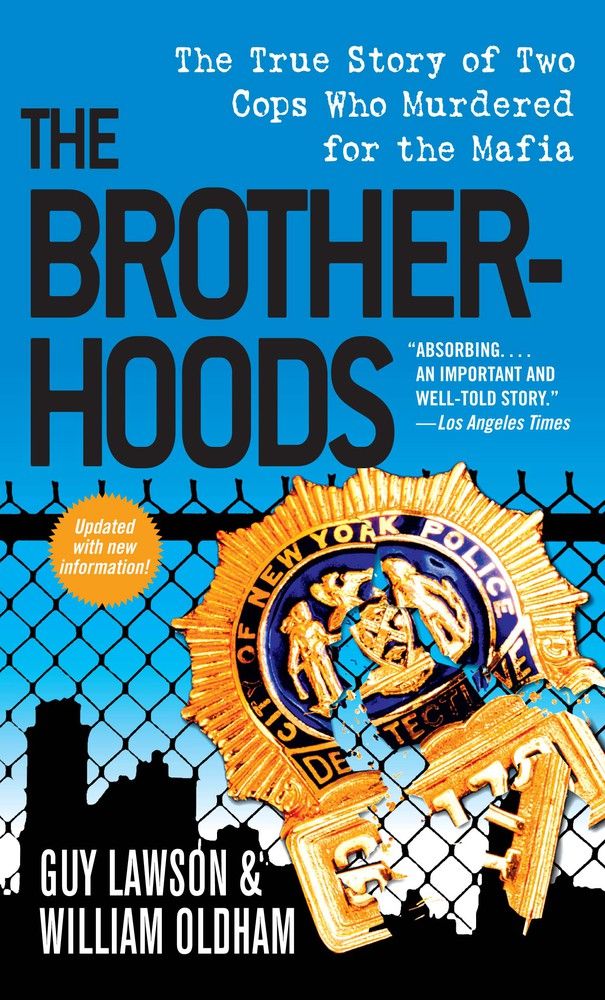 |
The Brotherhoods |
I would like to thank David Packouz and Alex Podrizki for telling me their stories. Likewise, Im grateful to Efraim Diveroli for sharing as much of his tale as his lawyers would allow. The fourth defendant, the financier Ralph Merrill, was swept up by events nearly entirely beyond his control; I hope he feels that he has received a measure of justice by finally having the whole tale told.
Miami criminal attorney Ken Kukec provided the initial entre to this case and I am grateful for his belief in me. I was also helped to navigate treacherous legal waters by defense lawyers Nathan Crane, Peter Stirba, Hy Shapiro, and Cynthia Hawkins. To assist me in understanding the inner workings of the global arms trade, Colby Goodman of the Center for International Policy provided invaluable insights, as did Hugh Griffith of the Stockholm International Peace Research Institute. Nick Wood was generous describing the background to his reporting in Albania for the New York Times , and Sharon Weinberger of the Woodrow Wilson International Center for Scholars was kind enough to share sources and leads. On the intricacies of life and death in Albania, I was guided by Gary Kokolari, Erion Veliaj, Gjergj Thanasi, Theo Alexandridis, and Dorian Matlija. Genta Trebicka also provided assistance; she and I both hope the truth about her fathers death will one day be revealed.
This adventure began in midtown Manhattan, at lunch with my editors at Rolling Stone , Eric Bates and Will Dana. I thank them for their support, intelligence, and wit. I am also grateful to Alison Weinflash and Sacha Lecca at the magazine, along with the irrepressible owner Jann Wenner for providing a venue for this kind of journalism.
Many people had a hand in crafting this book. Three editors at Simon & Schuster worked with me: Karen Thompson started the project, Karyn Marcus helped shape the narrative, and Emily Graff saw it through to completion. I am grateful to all three for their care and diligence and creativity. Jonathan Karp acquired the book and provided an insightful and patient voice during the difficult days every author encounters; his sense of humor and proportion were vital and very much appreciated. I couldnt ask for a better publicist than Larry Hughes, and the marketing efforts of Cary Goldstein and social media campaign of Elina Vaysbeyn were exemplary. The manuscript required a careful legal edit, and Elisa Rivlin more than rose to the occasion. Publishing truly is a team sport and I am grateful for the efforts of all involved.
Finally, I would like to thank my siblingsBen, Liza, Hughthe Kaimal clan, the Arons, the OLearys, Merrily Weisbord, Scott Anderson, Barry Berman, Charles Foran, the awesome gang at MKFIF, and all the many great friends who provide encouragement and laughter. To the smart, strong, and beautiful women in my lifeto Lucy, to Anna, and to Mayamy love and gratitude are forever yours.
ALSO BY GUY LAWSON
Octopus: Sam Israel, The Secret Market, and Wall Streets Wildest Con
The Brotherhoods: The True Story of Two Cops Who Murdered for the Mafia (with William Oldham)
In January of 2007, two kids from Miami Beach won a Department of Defense contract to supply $300 million worth of ammunition to the Afghanistan military. David Packouz and Efraim Diveroli were still in their early twenties but theyd become goodvery, very, very goodat bidding online for federal arms contracts. The dope-smoking buddies had become so skilled at winning Pentagon munitions deals theyd beaten a dozen corporate competitors to become the sole winners of the contract to provide the Afghan military with everything from 100 million rounds of AK-47 ammo to thousands of tons of grenades, mortar rounds, and aerial rockets. The massive contract called for enough ammunition to literally create an armywhich was precisely what the United States was attempting to do at the time.
As Packouz and Diveroli set out to fulfill the $300 million contract, they were joined by another dude from their Miami Beach posse named Alex Podrizki. As it happened, the trio had picked an excellent moment to turn themselves into international gunrunners. In the early months of 2007, the wars in Afghanistan and Iraq were both going badly. Years earlier, the United States had invaded the two countries with little thought for the aftermath and the inevitable need to rebuild distant, fractious Muslim societies. As the nations simultaneously descended into the chaos of raging insurgencies, the Bush administration surged tens of thousands of American soldiers into Iraq. This left the Pentagon with few resources to deploy to Afghanistan, as an underdog presidential candidate named Barack Obama noted frequently on the campaign trail. In desperation, the United States decided it needed to provide greater strategic support to the Afghanistan military and policeand it needed to do so quickly. The ammunition contract was thus part of a major initiative to try to bolster Afghanistans security forces and turn the tide against the Taliban.
The Afghanistan arms deal was a reflection of a change in defense contracting policy for the United States. In the early days of the conflicts in Afghanistan and Iraq, the Pentagon had awarded multibillion-dollar, no-bid contracts to companies like Halliburton and Blackwater, causing public outrage at the way well-connected insiders were profiting from the wars. In response, President Bush changed the rules to require that most defense contracts be posted on the governments website, be open to competition, and have terms that were favorable to small businesses, giving even tiny players such as Packouz and Diveroli and Podrizki a chance to go up against the largest conglomerates in the military-industrial complex.
The logistics of acquiring and transporting arms on this scale presented serious challenges. Adding another layer of difficulty, the Afghans and Iraqis both used Soviet Bloc weapon systems. This meant the ammunition for the Afghanistan contract would have to be sourced entirely from formerly Communist countriesmany nations notorious for corruption and illegal arms dealing. For this strategically vital and politically sensitive endeavor, the Department of Defense relied on three twentysomethingsone a licensed masseur, another a ninth-grade dropout, the third a small-time pot dealer.
Incredibly, at least according to the official version of events, instead of supplying the Pentagon with high-quality ammunition, Packouz and Diveroli and Podrizki shipped a mountain of the cheapest possible surplus rounds from arms caches in the Balkans. A story that appeared on the front page of the New York Times in March of 2008 reported that they had the audacity to scam the federal government, supplying faulty, ancient, rusty munitions; cheating the Army; and endangering the lives of innocent Afghan soldiers. The Times article made the dudes celebrities, of a kind. But it also raised serious questions. How could three so obviously unqualified and inexperienced kids be trusted with such a massive defense contract? How had they fooled so many people for so long? Was the contract typical of the way the worlds lone superpower was fighting the wars in Afghanistan and Iraq? What did the debacle say about Americas ability to triumph in the war on terror?
As a writer for Rolling Stone , I knew the magazine was always looking for a certain kind of storytales about young people doing fked-up things, to use the precise words of my editors. The three friends from Miami Beach certainly seemed to qualify. It appeared they might also provide an interesting, even unique, prism into the secretive and mysterious world of international arms dealing. The improbable voyage Packouz, Diveroli, and Podrizki had taken included geopolitical intrigue, Albanian mobsters, a shady Swiss arms dealer, and an underhanded conspiracy to repackage millions of ancient surplus Chinese-made AK-47 cartridgesall leading to federal indictments for fraud, a congressional investigation, and a scandal that made the US government look not only ridiculous but incompetent.
Font size:
Interval:
Bookmark:
Similar books «War Dogs: The True Story of How Three Stoners From Miami Beach Became the Most Unlikely Gunrunners in History»
Look at similar books to War Dogs: The True Story of How Three Stoners From Miami Beach Became the Most Unlikely Gunrunners in History. We have selected literature similar in name and meaning in the hope of providing readers with more options to find new, interesting, not yet read works.
Discussion, reviews of the book War Dogs: The True Story of How Three Stoners From Miami Beach Became the Most Unlikely Gunrunners in History and just readers' own opinions. Leave your comments, write what you think about the work, its meaning or the main characters. Specify what exactly you liked and what you didn't like, and why you think so.

